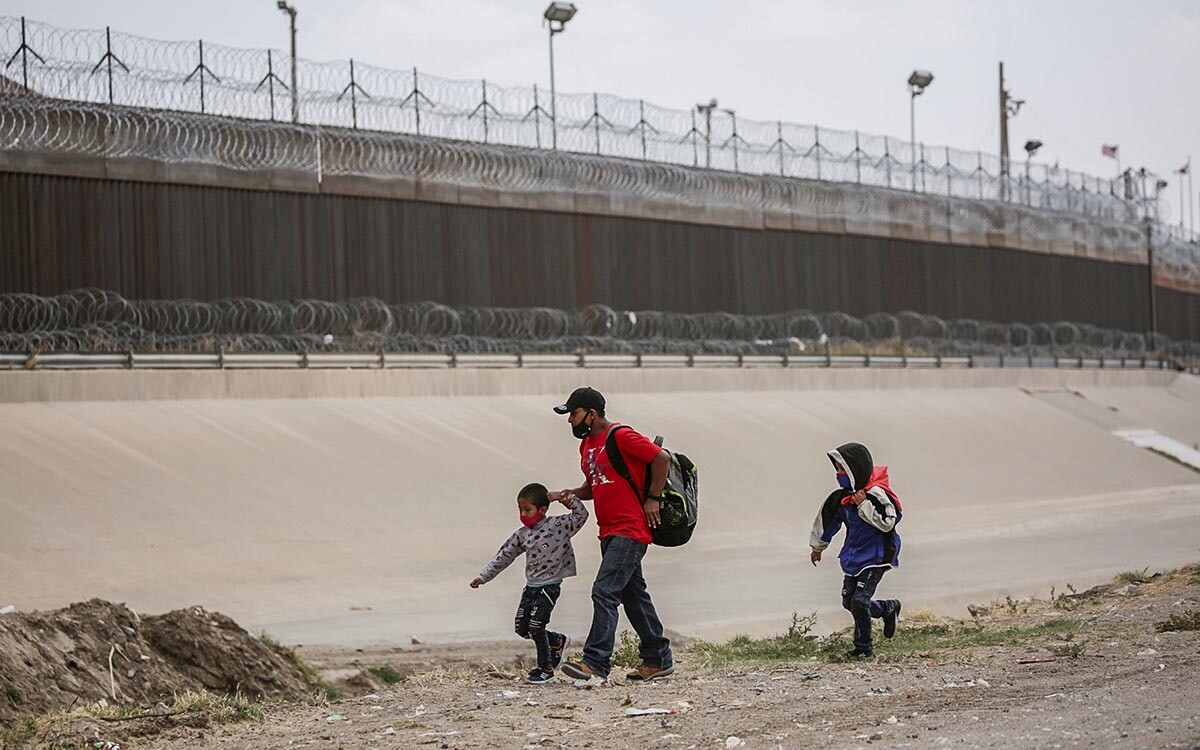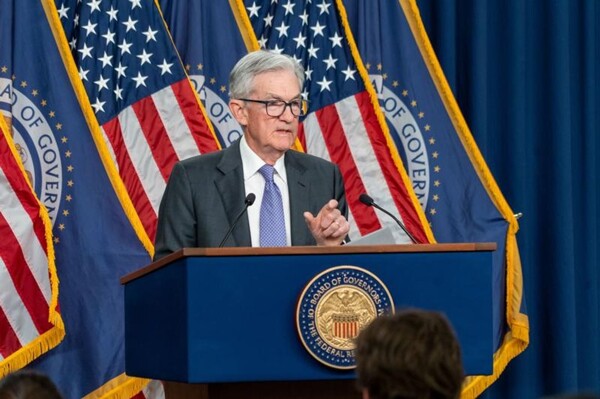
The coordinator of Agenda Migrante, Eunice Rendón, has highlighted that Donald Trump's second term shows a more organized but also hostile approach toward the migrant population. Among the measures implemented is the deployment of 10,000 soldiers at the border, the elimination of restrictions for requesting precautionary measures, and the prioritization of migrant detentions for minor offenses. Rendón also criticized the proposal to modify the rules for acquiring citizenship, pointing out that it will affect 150,000 people per year.
"Those who are parents, undocumented children will not be able to obtain citizenship, and this will come into effect in the next 30 days," she detailed. Rendón emphasized that these actions impact not only undocumented migrants but also their families, friends, and communities, generating an atmosphere of uncertainty and fear that affects both in the United States and in Mexico.
Regarding the economic impact, Rendón referred to data from BBVA highlighting the importance of the Latino population in the United States. 78% of the workforce is made up of migrants, who contribute $3.6 trillion per year. It is a critical moment for migrant communities, as there is noticeable harassment that is damaging the social fabric, social dynamics, and mental health of individuals.
In an interview for 'Aristegui en Vivo', Rendón pointed out that the executive actions and decisions of the former president are being implemented more quickly and with more planning than in his first term, thus aggravating the impact on migrant communities. Donald Trump has begun his second term imposing measures and executive actions swiftly, stating that it is necessary for migrants to strictly respect the laws and seek legal advice in case of facing detention.
Rendón warned migrants to remain silent, seek a lawyer, and if approached by agents, to demand that they show a valid order. The policies implemented so far are generating uncertainty and fear in migrant communities, which could lead to mass deportations and a climate of uncertainty in both nations.
Finally, she expressed her concern over a possible reactivation of the "Remain in Mexico" program, which would force migrants to wait in Mexican territory while their asylum applications are processed. "If the Mexican government accepts it, it has to be a change of something," Rendón mentioned.














